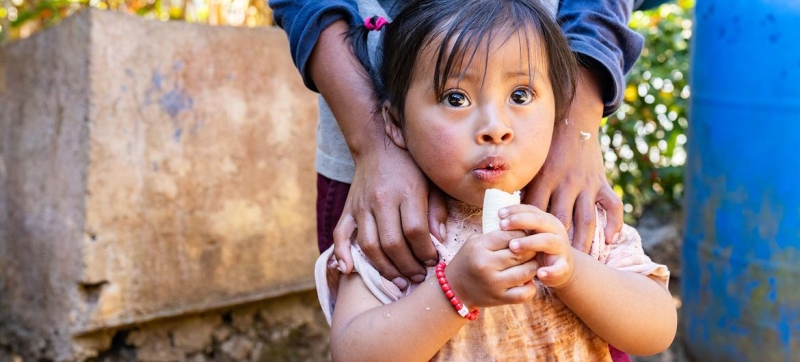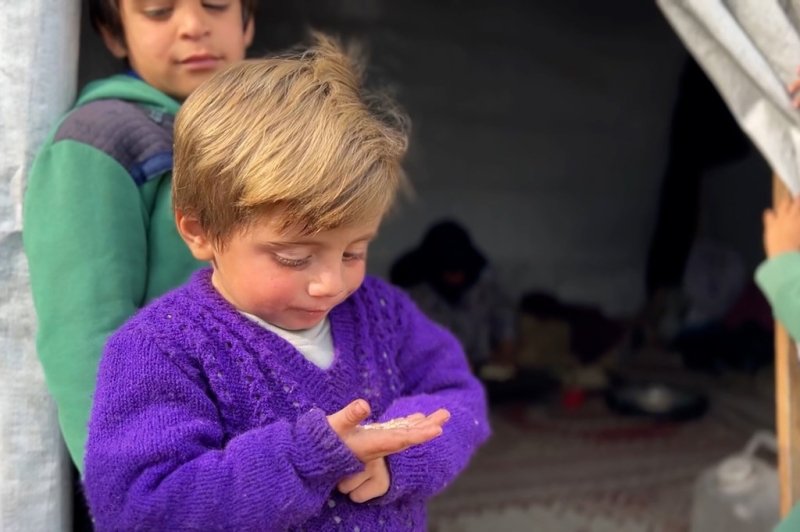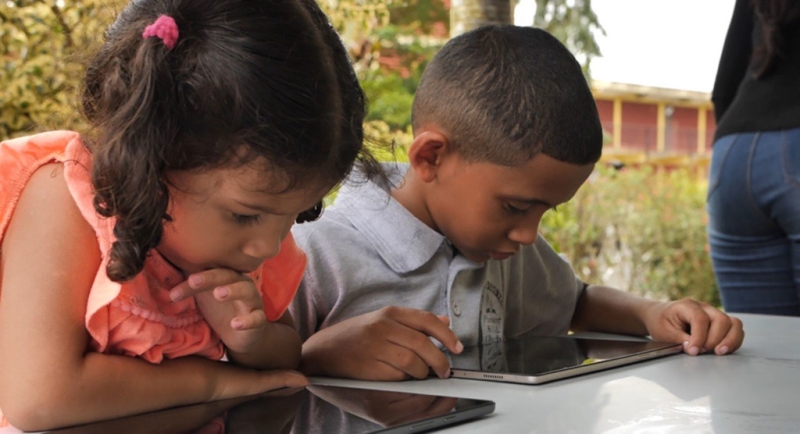
Children are disproportionately affected by the impacts of climate change. UNICEF: New era of crises threatens children’s future in 2025 Sustainable Development Goals
The world is entering a new era of crises that threaten the well-being of children, as climate change, growing inequality and intensifying conflict disrupt their daily lives and destroy their hopes for the future, according to a new report from the United Nations Children’s Fund (UNICEF).
At the start of each year, UNICEF assesses the risks children face and suggests ways to address them. The new report calls for stronger global systems that can provide children with the protection and support they need.
Here are the key trends to watch this year.
Children in conflict zones
Increasing armed conflict will continue to pose a serious threat to children in 2025. And conflicts are becoming more intense and violent.
More than 473 million children – at least one in six children worldwide – currently live in conflict-affected areas. That’s the highest figure since World War II. The proportion of children living in conflict zones has doubled in recent decades, from 10 percent in the 1990s to nearly 19 percent today.
Read also:
Special Representative for Children’s Rights: 2025 Must Be a Year of Compassion and Hope
Amid escalating geopolitical tensions, parties to conflicts are increasingly violating international law protecting civilians. Attacks on civilian infrastructure such as schools and hospitals are becoming commonplace.
This undermines decades of efforts to protect civilians and takes a huge toll on children. In addition to threats to their lives, children face displacement, hunger, disease, and psychological trauma.

A child in Gaza.
The multilateral system has so far failed to address these challenges. A coordinated effort by the international community is needed, the report’s authors emphasize.
Financial System Reforms
Governments in developing countries are facing increasing difficulties in financing key investments in the future of children due to slow economic growth, increasing debt burdens, insufficient tax revenues and limited development assistance.
Nearly 400 million children live in countries in debt distress. Without significant reform, that number will rise, UNICEF warns. The cost of servicing the debt limits opportunities for important investments. 2025 must be a critical time to decide on reforms to the global financial system.
The Irreversible Impacts of the Climate Crisis
Children are disproportionately affected by the impacts of climate change. Its impact on their development, health, education and well-being can be lifelong and irreversible.
The world must make progress towards achieving global climate goals in 2025. This will require comprehensive policies, as well as fair financing, effective regulatory frameworks and efficient monitoring systems.
Access to digital services
The rapid advancement of digital technology will continue to impact every aspect of children’s lives, from education to economic prospects. One key trend is the adoption of digital public infrastructure. This is a set of systems that provide equal access to public and private services and enables the mass delivery of digital public services, including for children.

Children using tablets for schoolwork, Venezuela.
Digital public infrastructure can be a key element in promoting principles that promote development, inclusion, trust, innovation and respect for human rights. However, persistent inequalities in access to technology, particularly in least developed countries, remain a major barrier.
Global governance under threat
New and protracted crises will continue to threaten the future of global governance. In 2025, countries and international organizations must answer a key question: will they be able to come together to develop a coordinated response to common challenges, or will the system of global cooperation continue to disintegrate, jeopardizing the gains made by collective efforts.
The path chosen will determine the future of protecting children’s rights and their well-being around the world.
Children’s rights must remain a priority
The authors of the report emphasize the importance of a systems approach based on the principles of inclusiveness, equity and accountability that can ensure that the rights and needs of children remain at the center of attention of countries and the global community. Moreover, this approach must not only address current global problems, but also prepare the world for future challenges.
